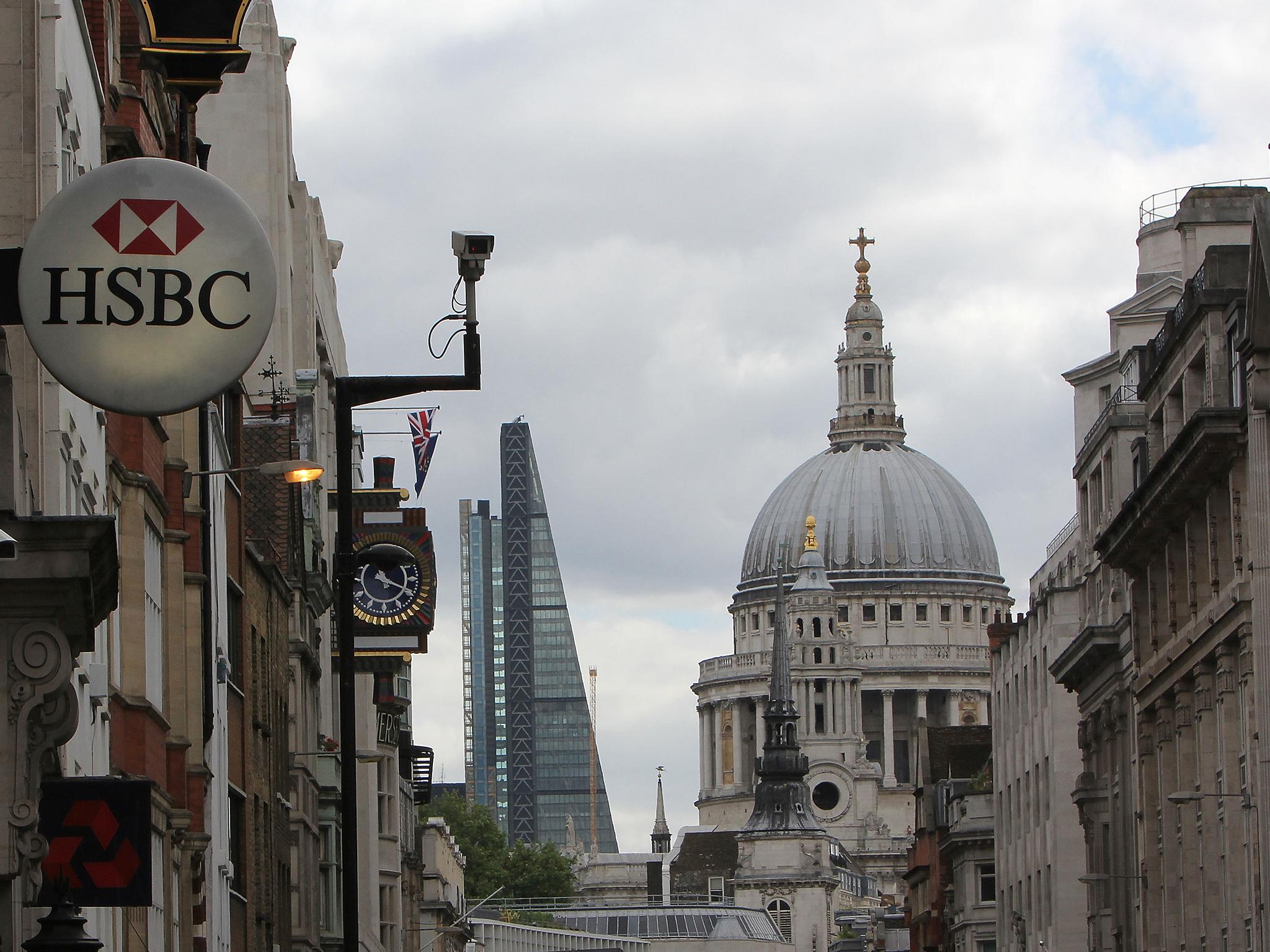Fifth of UK’s biggest firms have started closing gap between workers’ and bosses’ pensions
Seventy other FTSE 100 firms are yet to take any wholesale action, including Lloyds whose chief executive receives a 33 per cent contribution

Your support helps us to tell the story
From reproductive rights to climate change to Big Tech, The Independent is on the ground when the story is developing. Whether it's investigating the financials of Elon Musk's pro-Trump PAC or producing our latest documentary, 'The A Word', which shines a light on the American women fighting for reproductive rights, we know how important it is to parse out the facts from the messaging.
At such a critical moment in US history, we need reporters on the ground. Your donation allows us to keep sending journalists to speak to both sides of the story.
The Independent is trusted by Americans across the entire political spectrum. And unlike many other quality news outlets, we choose not to lock Americans out of our reporting and analysis with paywalls. We believe quality journalism should be available to everyone, paid for by those who can afford it.
Your support makes all the difference.A fifth of Britain’s largest public companies have started bringing pension payments for executives in line with those for the majority of their workforce in response to pressure from shareholders, new analysis reveals.
The current excesses have led to huge gaps between workers and bosses not just in salaries but also in pension contributions paid by employers. For example, in April a parliamentary committee wrote to Lloyds Banking Group to ask why the pension contribution for its chief executive António Horta-Osório stood at 33 per cent when the maximum rate was 13 per cent for other employees.
The Investment Association (IA) has analysed data on FTSE 100 companies and found that three have already appointed new directors with the same pension contribution as most staff receive and 17 have pledged to do the same for any new director. The 20 companies include Royal Bank of Scotland, BT, Aviva and HSBC.
HSBC has also cut pension payments for existing directors, as have seven other companies, although the IA did not indicate to what extent the cuts have narrowed the gap with workers.
“Shareholders have been very clear they want pension payments for executives to come down to the same level as the rest of the workforce,” said Chris Cummings, IA chief executive.
“Shareholders will continue to focus on bringing executive pensions in line with majority of the workforce over the next 12 months. Companies that do not take on board shareholder concerns risk facing yet more shareholder rebellions next year.”
Despite the signs of progress, 70 other FTSE 100 firms are yet to take any wholesale action on executive pensions – and this includes Lloyds.
In its response to the Work and Pensions Committee, the bank wrote that the chief executive’s pension allowance was reduced from 46 per cent of base salary from January.
In February the IA, which represents big investors, said it will flag a company as a top concern if it does not explicitly commit to pension contributions for any new executive director that are in line with those for most employees. The aim is to stop pensions being used as a way to bump up total pay.
Additional reporting by Reuters
Join our commenting forum
Join thought-provoking conversations, follow other Independent readers and see their replies
Comments